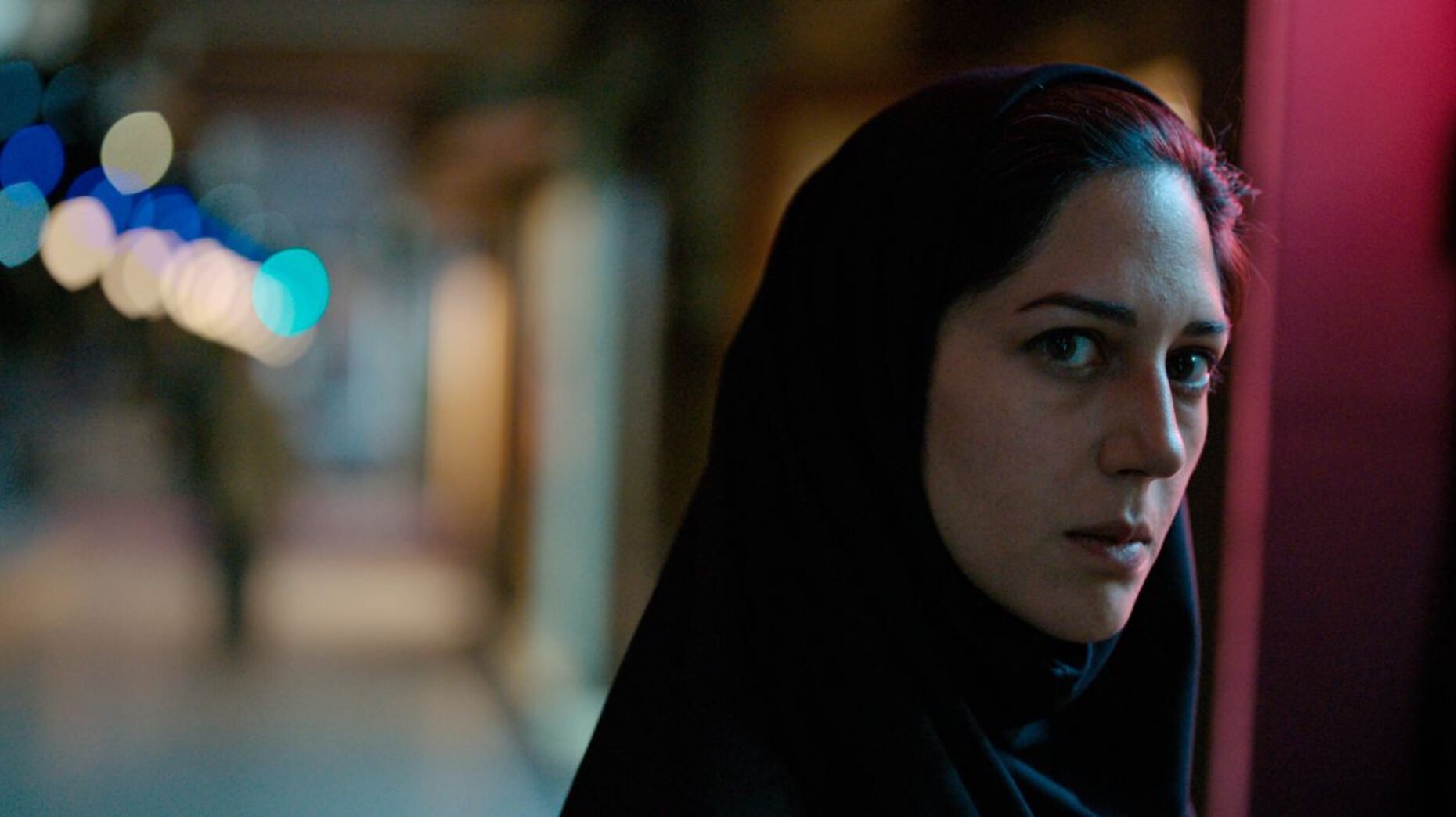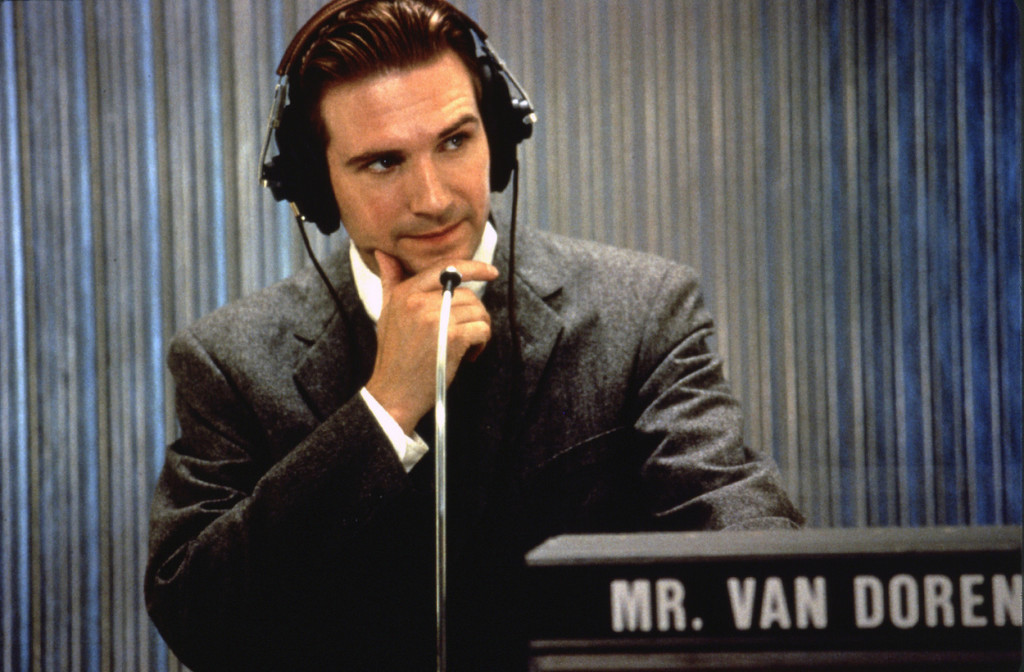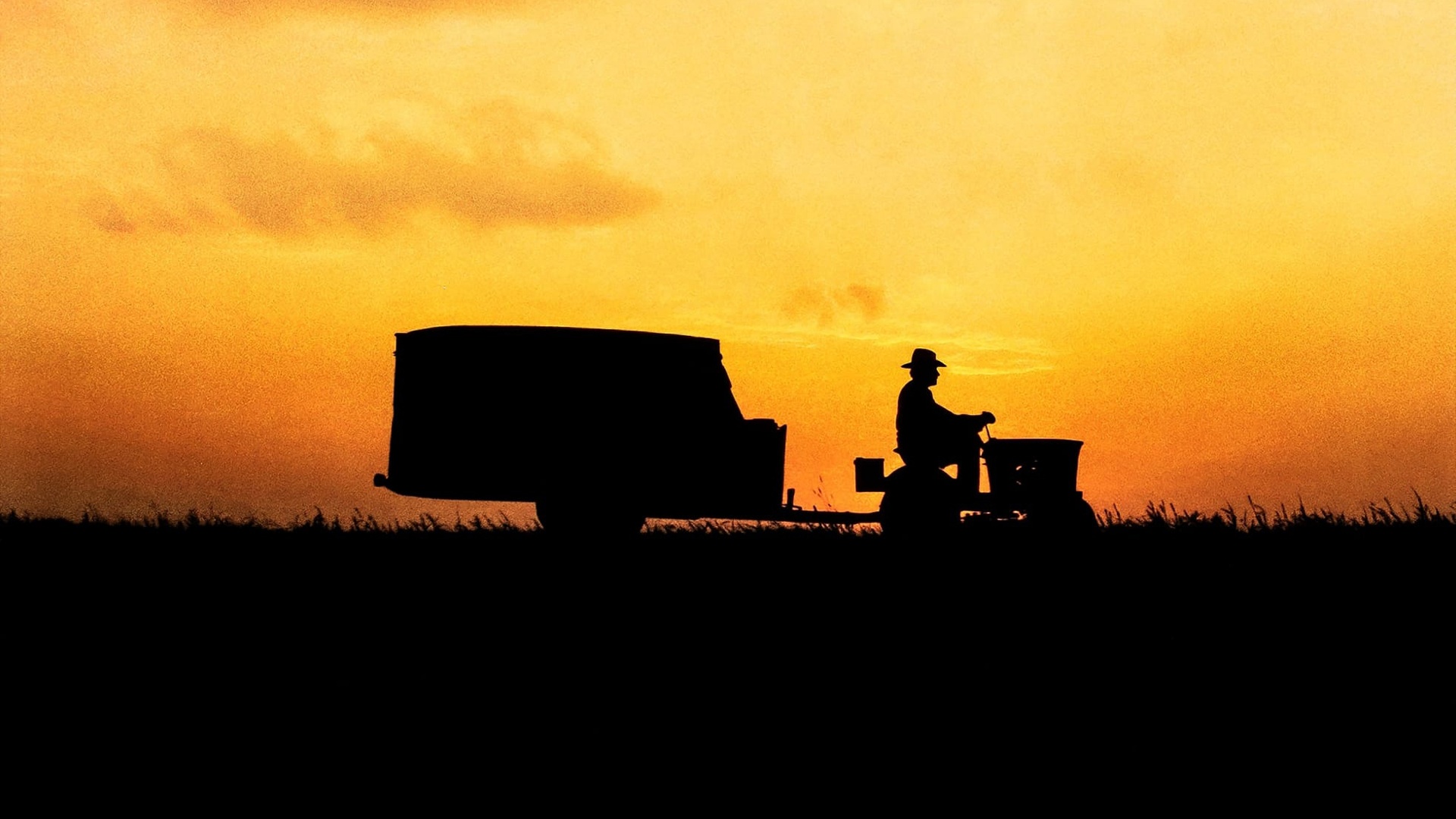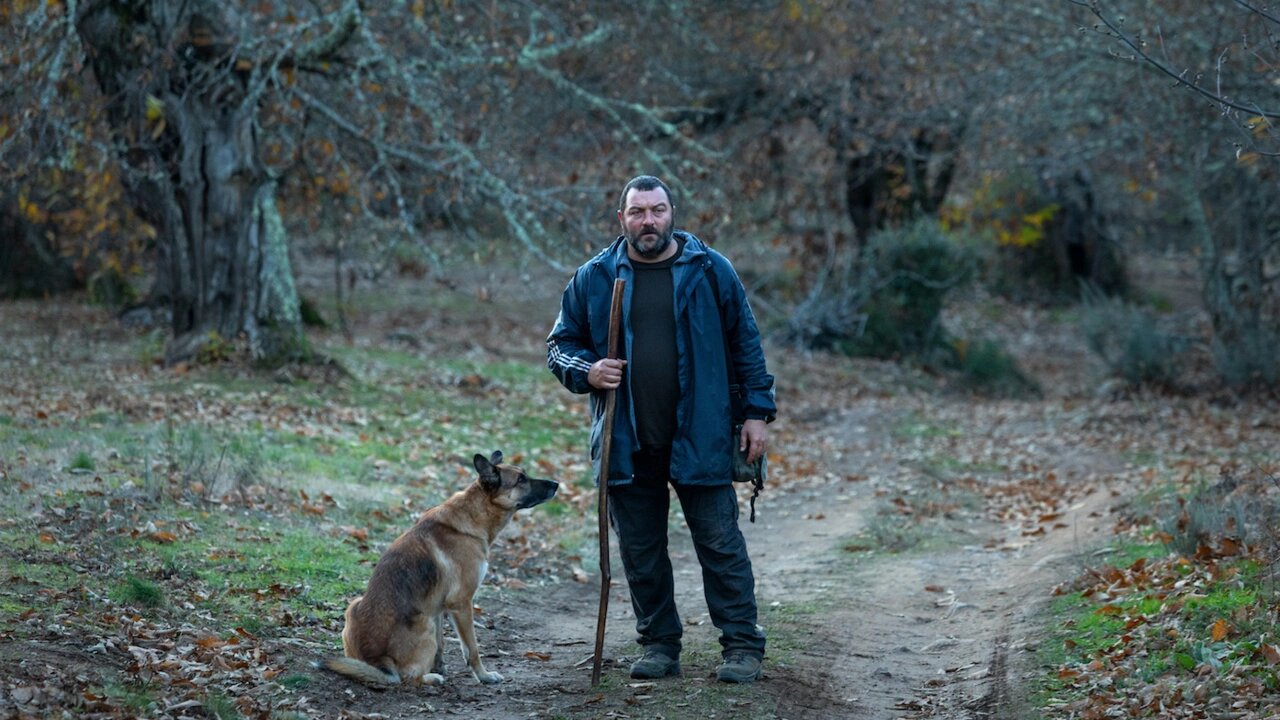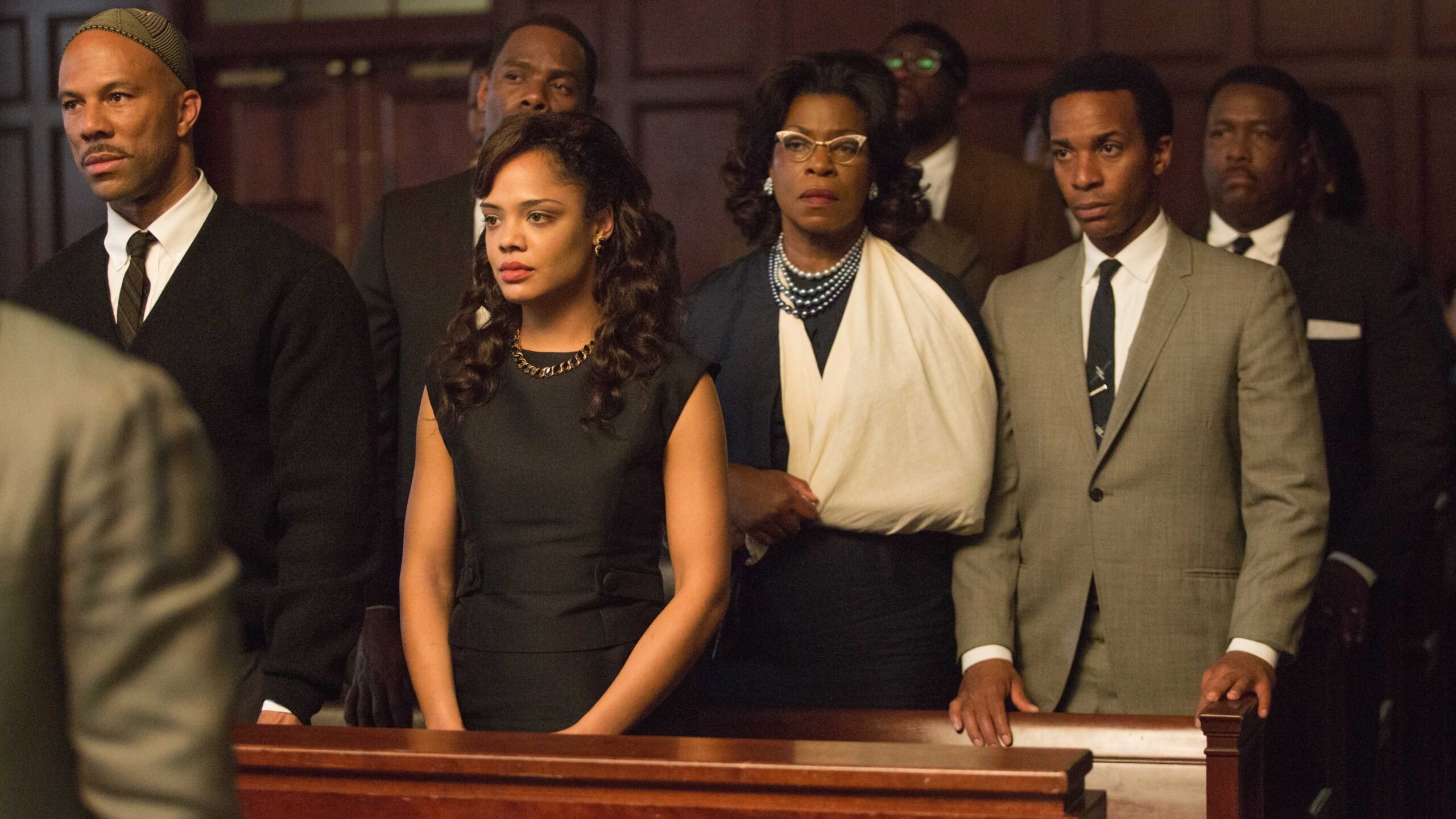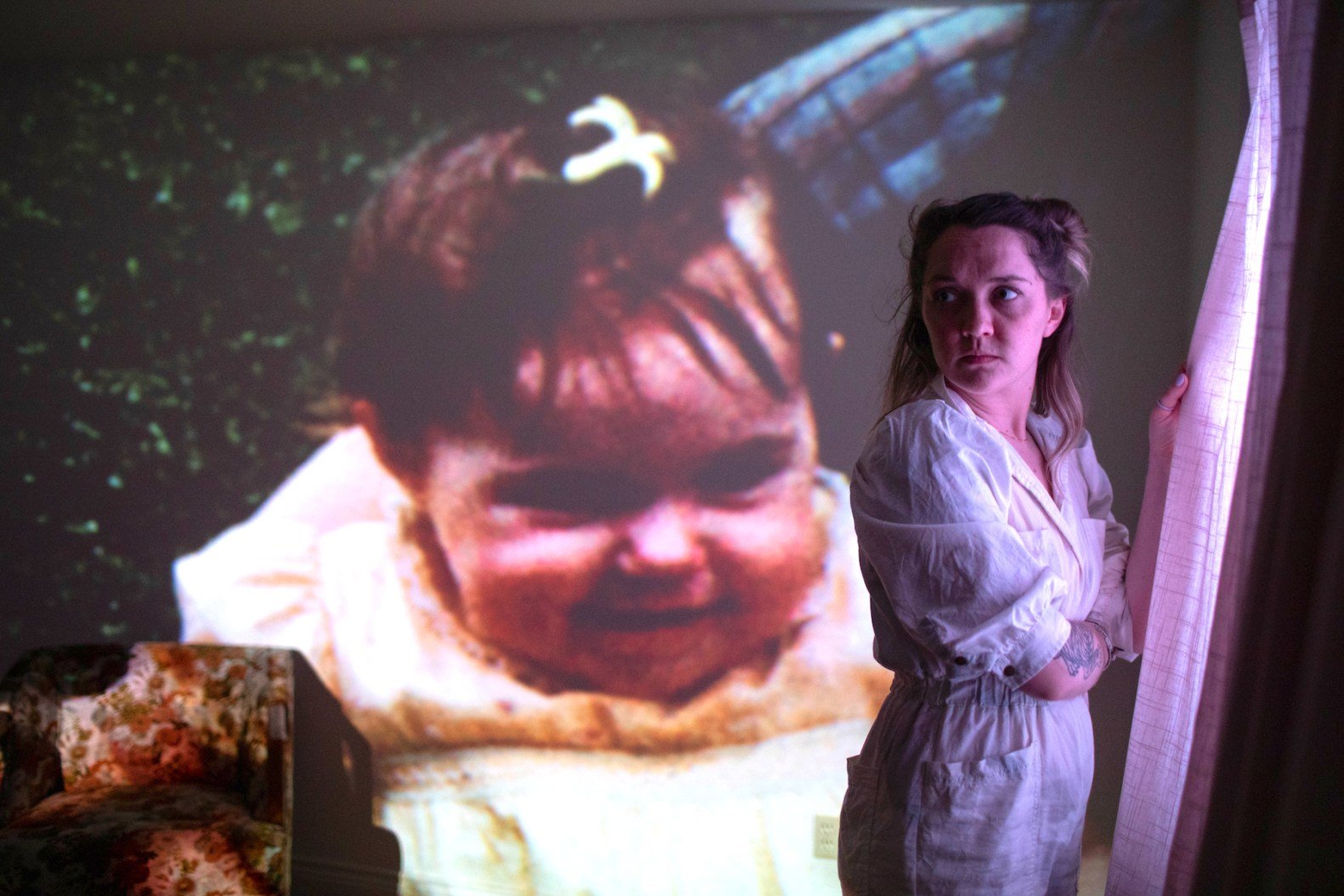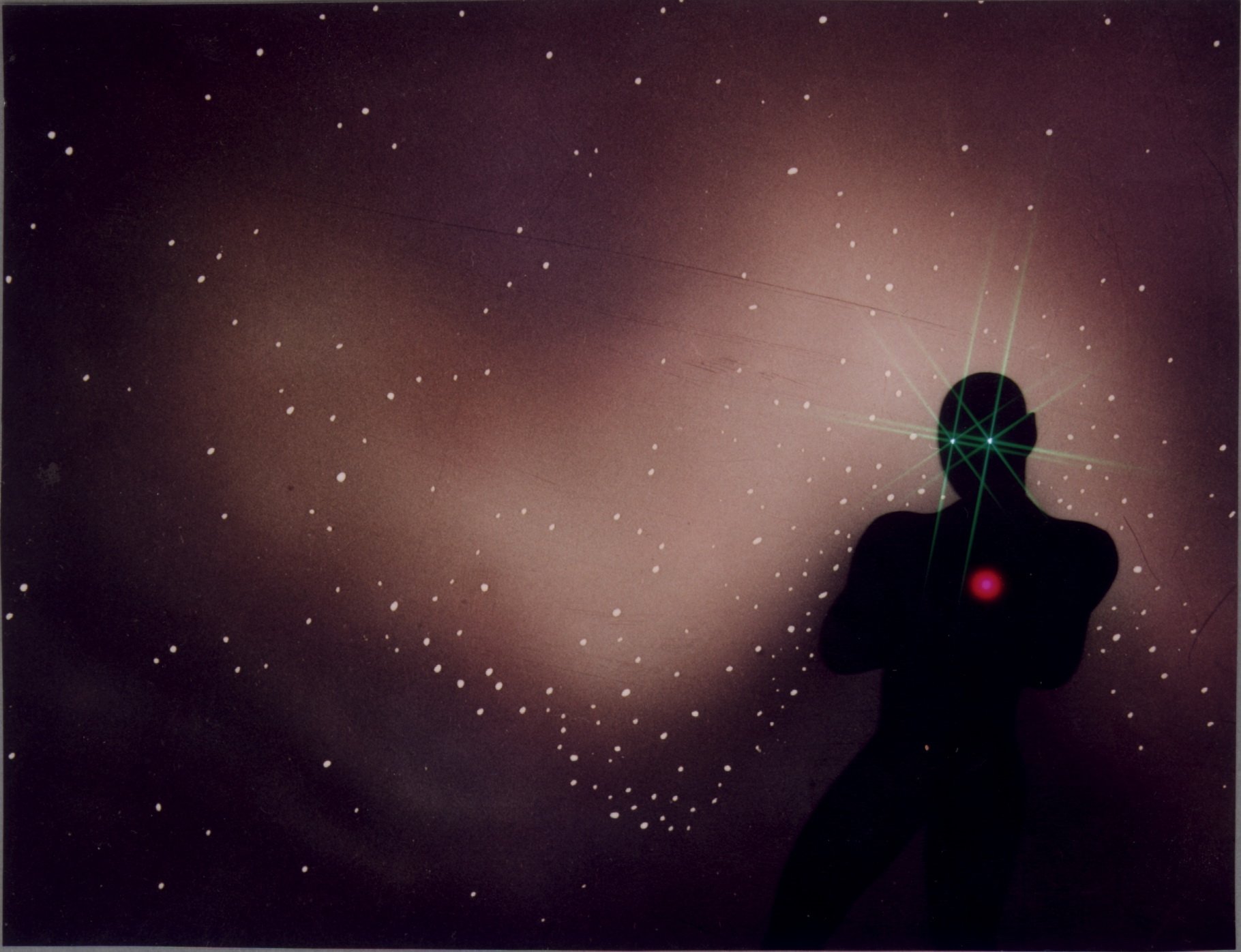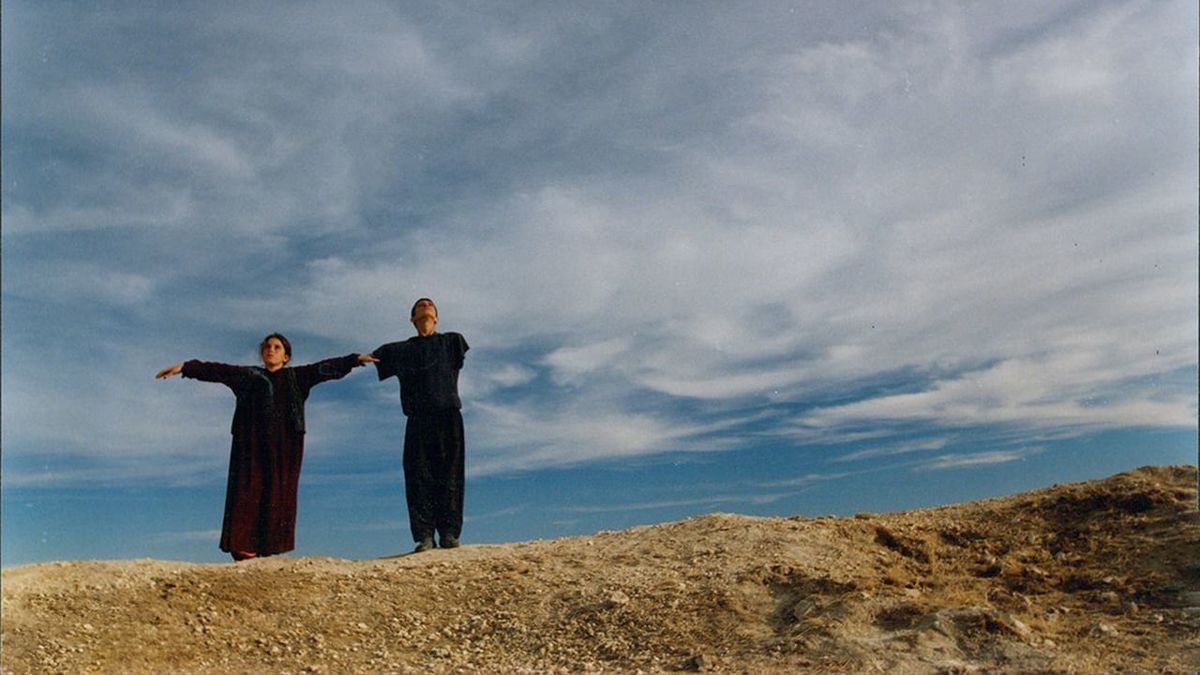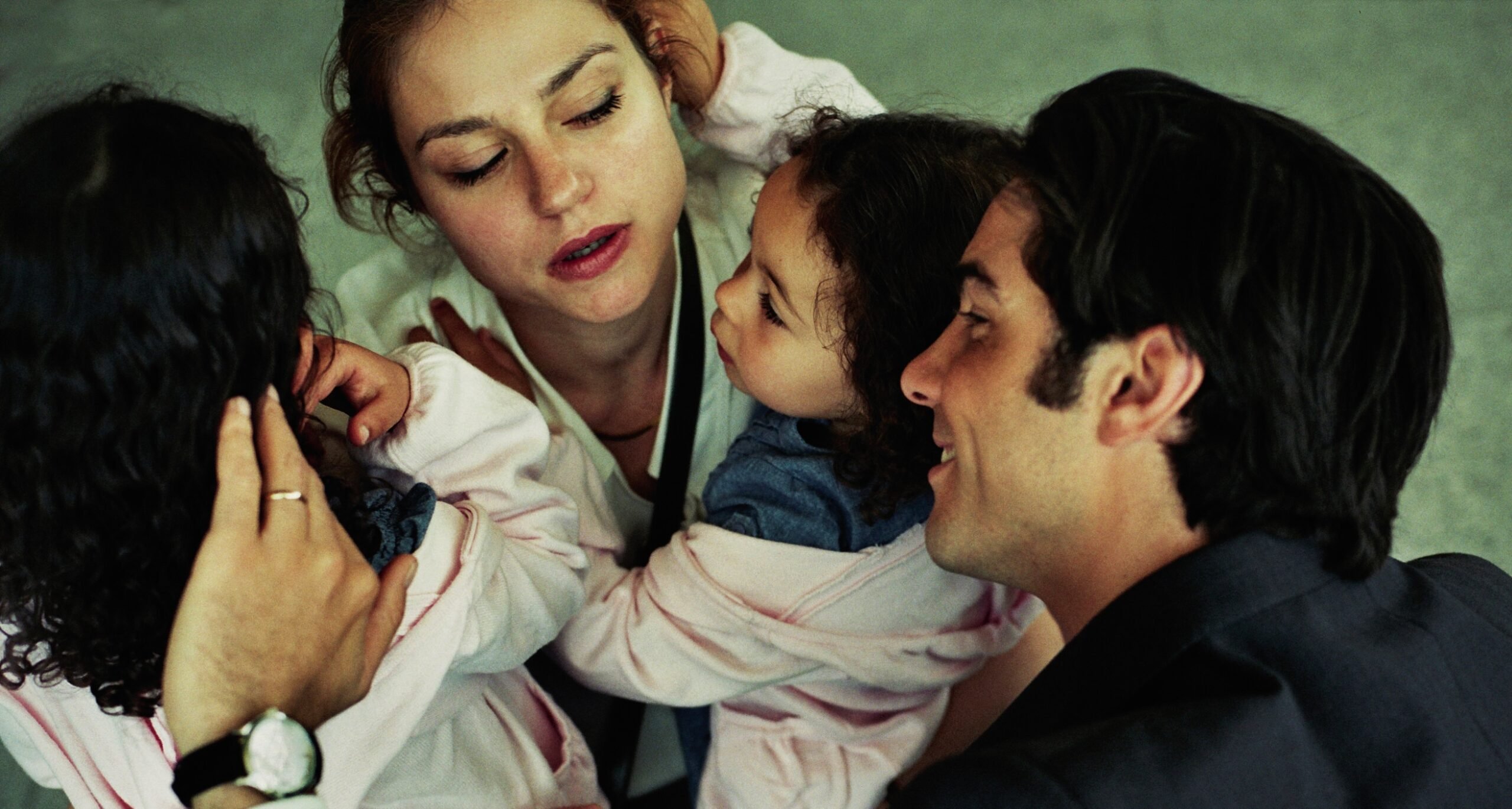
90 Best Movies Based on True Stories
April 8, 2025
Share:
Every now and then, a movie will come up with such incredible feats and unimaginable plot twists, you’ll swear it couldn’t be more unrealistic. Only in the movies, you think, can two murderers be spared for their vaudeville act or a person’s memory be reset each day. But just before the credits roll, a notice flashes onscreen: the events you just saw, outrageous as they may seem, were based on a true story.
Sometimes, the announcement doesn’t even make it in the film and you find out, mouth agape, after the fact. Other times, you come in knowing that this is all true—it’s a biopic after all, or a docudrama—but you leave in fervent disbelief that any of this transpired in real life. Whatever the case may be, it’s undeniable that it takes a special kind of skill to make a movie out of actual events. So below, we’ve gathered the best movies you can watch right now that have their roots in reality.
Read also:
81. Holy Spider (2022)
Genres
Director
Actors
Moods
As a crime thriller, Holy Spider is taut and terrifying, a modern noir that manages to unnerve despite the familiar moves it employs. The cat and mouse chase between serial killer and investigative reporter, for instance, is a classic tale, but that doesn’t make Holy Spider any less gripping. The film benefits from artful camerawork, considered acting (as the daring journalist Rahimi, Zar Amir Ebrahimi nabbed the Best Actress award at Cannes), and most of all a nuanced take on the situation in Iran.
Despite having a clear stance against violence and corruption, nothing in Holy Spider is black and white. Contradictions abound, and even when presented with brief moments of justice, we’re left scratching our heads looking for more. Such is the case when the system, and not just an individual, is the true pest.
82. Blue (1993)
Genres
Director
Actors
Moods
Part documentary yet part surreal daydream, director Derek Jarman’s final film is one last rallying cry into a blue void. Against an unchanging screen of International Klein Blue, most of the film is Jarman’s voice, drifting through various subjects, from day-to-day complications of AIDS to contemplations about the color blue. Some of his frequent collaborators chime in. Choirs singing about damnation occasionally pop up too. While essentially a radio drama, the combination of voices, foley, and scores all merge together into an ethereal, haunting soundscape, that sticks in your head long after the film ends. Mirroring his partial blindness, Jarman’s last experiment leaves an impression of his own experience. It’s absolutely devastating.
83. Quiz Show (1994)
Genres
Director
Actors
Moods
Long before we became accustomed to oxymorons like “scripted reality” shows, there was a time when viewers could expect to trust what they saw on TV. One of the pivotal events shattering that illusion in the US was the 1950s quiz show scandal, in which producers of popular broadcasts like Twenty-One were revealed to be feeding contestants the answers in advance in order to manipulate audience ratings.
Robert Redford’s Quiz Show is an engrossing chronicle of the investigation that blew the lid on Twenty-One’s fixing, revealed when disgruntled champion Herb Stempel became a whistleblower. Stempel (played with nervous brilliance by John Turturro) was pressured to flunk a no-brainer question to make way for golden boy Charles Van Doren (Ralph Fiennes), a ratings-friendly photogenic academic from a prominent WASP-ish family. What’s so sharp about Quiz Show is that it doesn’t just recreate the scandal for drama’s sake: it needles in on the greed and privilege that drove the fraud, paying particular attention to Van Doren’s angle of the morality play, the influence of his class and ethnicity, and the secret hand the show’s studio and sponsor had in the whole affair. In an era when practically anything goes in the name of entertainment, this interrogation of TV’s corrupt origins feels ever-relevant.
84. The Straight Story (1999)
Genres
Moods
A family-friendly, Disney-backed movie is not something you’d expect from cinema’s surrealist master, but The Straight Story marks a surprisingly winning stylistic departure for David Lynch. It tells the true story of Alvin Straight (Richard Farnsworth), an ailing 73-year-old who, upon hearing that his estranged brother has suffered a stroke 240 miles away, decides it’s time to patch things up. Unable to drive due to poor eyesight, Alvin modifies a ride-on lawn mower and sets off on the six-week-long journey it will take to reach his brother while traveling just five miles an hour.
Lynch’s film is set at a similarly patient pace: contemplative shots of Mid-Western America’s cornfields fade in and out as Alvin chugs along and experiences profound, fleeting connections with the strangers crossing his path. Alvin refuses to accept any offers of a ride: he wants to finish this pilgrimage on his own terms. Angelo Badalamenti’s elegiac score emphasizes just how much this journey means to Alvin — who, in his last chapter of life, uses it both to reflect on all that’s come before and treasure every experience, big or small, that the present offers. The sense of this being a swan song for Alvin is always palpable, making The Straight Story deeply moving down to its bones.
85. The Beasts (2022)
Genres
Director
Actors
Moods
In The Beasts, the idyllic semi-retirement that a French couple seeks in the Galician countryside — growing organic vegetables, fixing up abandoned farmhouses — devolves into a terrifying slow-burn nightmare. This beautifully shot yet spiritually ugly thriller plunges us straight into an atmosphere of crackling social tension that never abates. We begin after the event that turns local farmer Xan (Luis Zahera) and his brother Loren (Diego Anido) against French transplants Antoine (Denis Ménochet) and Olga (Marina Foïs): the latter two have vetoed the sale of land to a wind turbine company in favor of preserving the village’s rustic character. Incensed by what he sees as the theft of his birthright by an outsider, Xan orchestrates a steadily intensifying campaign of terror against the couple.
Though much slighter than the physically imposing Ménochet, Zahera makes for a profoundly menacing presence, and Xan’s seemingly endless appetite for hostility and vindictiveness charges the film with a deeply unsettling sense of inevitability. His performance alone would mark The Beasts as a standout, but an unexpected switch in character focus late on in the film wrests it out of Xan’s grasp and reorients the movie as a study of grim resolve — making it a film of two equally remarkable halves.
86. Our Children (2012)
Genres
Director
Actors
Moods
Our Children opens at the harrowing end of the true story it’s based on: with the image of a distraught mother (Émilie Dequenne) in a hospital bed, begging a police officer to ensure that her children — who have just predeceased her — are buried in Morocco. From this ominous beginning, the film rewinds into a jarringly sunny flashback of lovebirds Murielle (Dequenne) and Mounir (Tahar Rahim) to tell this horrifying story from the start.
What follows is much less obviously dramatic: Our Children shifts into slow-burn psychological thriller territory as we watch the gradual breaking down of Murielle at the hands of Mounir’s adoptive father André (Niels Arestrup), a wealthy white doctor who has used his status to insinuate himself into the lives of Mounir and his family back home in Morocco. This is a very subtle study of manipulation, one that hinges entirely on the performances of the trio, who fill with nuance roles that could easily have been tabloid caricatures. Above all, though, this is Dequenne’s film, and it’s the devastating ways she shows the life gradually being sucked out of Murielle that makes Our Children so difficult to shake off.
87. Selma (2014)
Genres
Director
Actors
Moods
The award-winning third feature by director Ava DuVernay, Selma, was released around the 50th anniversary of the historically significant marches (Selma to Montgomery) that aided the civil rights movement’s efforts to assure African-American citizens can exercise their constitutional right to vote, harassment-free. The film has been celebrated not only as an artwork, but also as a historiographically accurate one. While it features the role Martin Luther King Jr. played in the marches, it does not reduce the activists’ effort and struggle to make it come to fruition. With her uncompromising directorial approach, DuVernay crafts a thrilling period film that has all the markers of a well-done genre feature, but uses its mechanisms to tell an emotionally potent story about both the peaceful marches and the nation-wide outcry resulting from the violence they were met with.
88. Great Photo, Lovely Life (2023)
Genres
Director
Actors
Moods
Biographical documentaries tend to depict exceptional people– people who are so great that everyone wants to know about them, and people who are so terrible that they serve as a warning. Great Photo, Lovely Life depicts a serial sexual abuser in photojournalist Amanda Mustard’s family, able to get away with nearly all his crimes each time he skips over state lines. It’s not an easy film. It’s deeply uncomfortable. There are certain interviews that will trigger anger, despair, and bewilderment over how someone so evil can remain out of bars all his life. Great Photo, Lovely Life doesn’t provide any easy, comforting sequence as a balm to sexual abuse survivors around the world, but it’s an urgent reminder of the consequences of maintaining silence.
89. The Tragedy of Man (2011)
Genres
Director
Actors
Moods
Taking 23 years until its completion, The Tragedy of Man is quite possibly the most ambitious film ever made, not just in its animation, but also in its scope. It’s quite fitting, as an adaptation of the classic Hungarian play, as Imre Madách’s story sets out to question not just the individual’s purpose, but the purpose of humanity as a whole, with writer-director Marcell Jankovics giving life to the play through the historical art styles of past civilizations that shifted today’s Western world, as well as adding what has happened after the play’s publication in 1861. While the film’s length can be daunting, being the Western animated feature in the world, the dialectic hits at the heart of this absurd existence, informed by the cynicism formed after Hungary’s fall of communism in 1989. The Tragedy of Man isn’t an easy film to watch, considering the themes, but it’s an interesting vision of humanity, illustrated in such an interesting way.
90. Turtles Can Fly (2005)
Genres
Director
Actors
Moods
Regardless of where, when, and why war came to be, war inevitably makes children grow up faster than they ought to. Turtles Can Fly depicts one such boy, a thirteen year old refugee nicknamed Kak Satellite whose limited English and resourcefulness transformed him into a leader for the rest of the children as they scrounged for scraps, sweep for landmines, and set up satellites for news. It’s a harrowing experience. Writer-director Bahman Ghobadi depicts it in a grounded, real way, with the Kurdish cast directly re-enacting the same horrors that they’ve gone through the year before, and the same practical nonchalance that they cling to for survival. Regardless of how viewers feel about the Iraq invasion, or other wars with refugee crises, Turtles Can Fly simply asks viewers to see their faces.
Comments
Add a comment
Ready to cut the cord?
Here are the 12 cheapest Live TV streaming services for cord-cutting.
More lists
Lists on how to save money by cutting the cord.
Curated by humans, not algorithms.
© 2025 A Good Movie to Watch. Altona Studio, LLC, all rights reserved.
